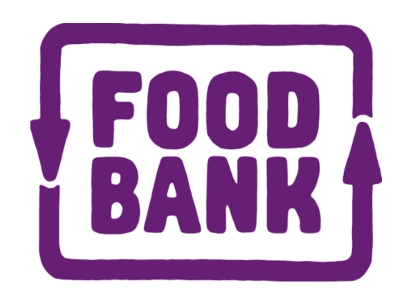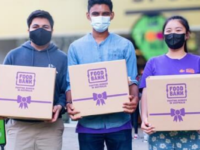
Australian charity group Foodbank says the need for food relief is increasing and the post-Covid ‘peak hunger’ has yet to come.
Foodbank recently released a special edition of its annual Foodbank Hunger Report, which found that while JobSeeker and JobKeeper provided Aussies temporary relief, a large number of Australians with insufficient supplies of essentials are experiencing an “extreme sense of unease about the future” as the Government rolls back the measures.
Foodbank said there are one in three (35 per cent) ‘food-insecure’ Australians who received support but they don’t know how they will cope or think that they cannot cope at all with the crisis.
Foodbank Australia CEO Brianna Casey added that the country has not hit ‘peak hunger’ yet this year and the organisation is concerned with the vulnerable people who were already suffering pre-Covid and are even more affected now during the virus outbreak.
“It will fall even further behind as we cope with overwhelming demands of the newly affected and those likely to be hit by disasters this summer. Charities believe they will need up to extra 2.7 million meals a month as Government assistance is further wound back. This is additional food we simply have to find,” Casey added.
“The report highlights that, while need for food relief has become somewhat erratic and unpredictable, charities are reporting that overall demand is up by 47 per cent and many of those now experiencing food insecurity (28 per cent) have never before needed support.”

The group said the number of Australians who are seeking for help once a week has more than doubled this year, rising from 15 per cent to 31 per cent after the pandemic hit.
“Those who were already struggling before Coronavirus have been impacted more quickly and seriously than others as they have lower resilience against life’s turbulence,” Casey said.















